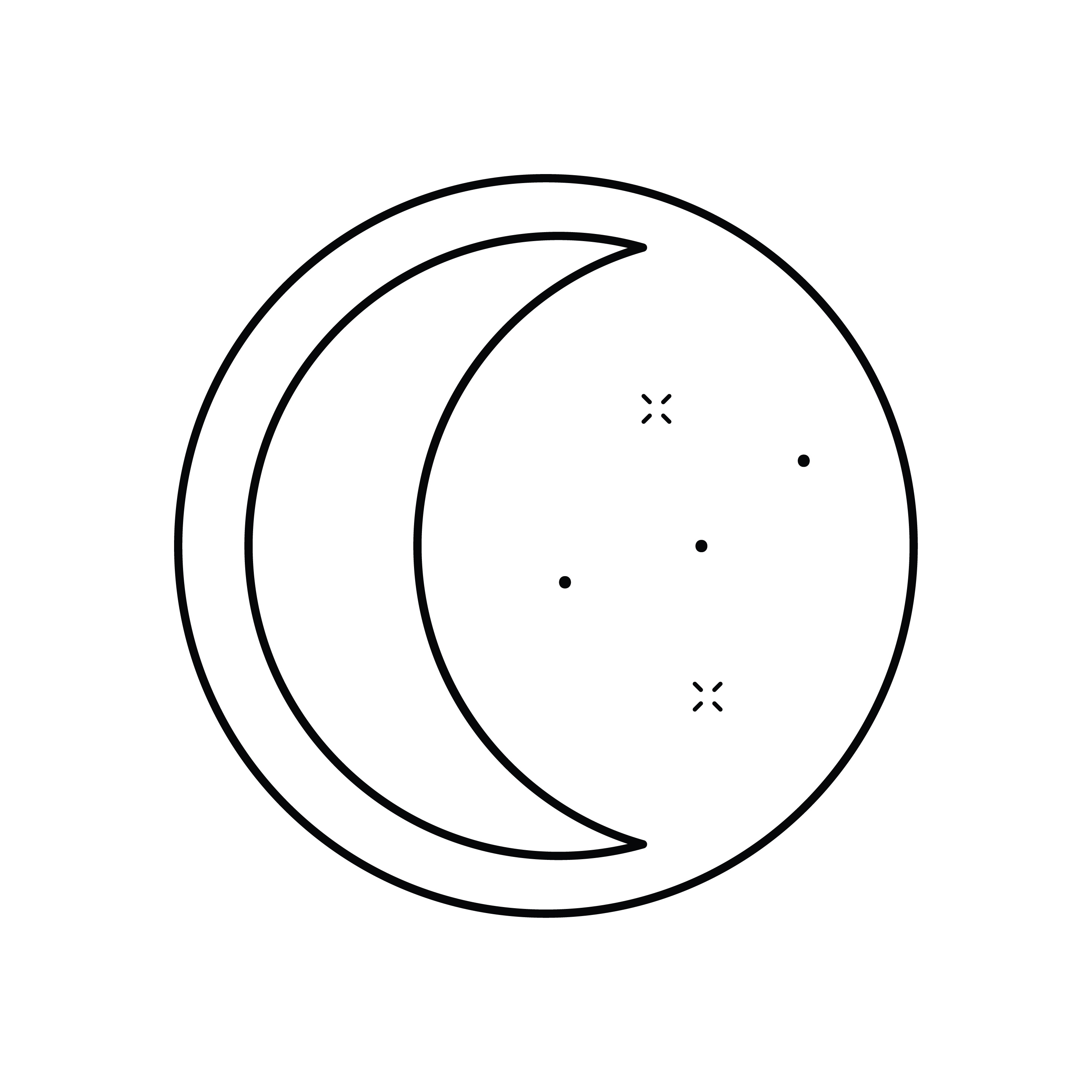It’s nice to see how, in writing these, I was getting ready to teach this material. I’m now in the middle of teaching my first online animism course in Hebrew, and it’s going so well that I’m starting to consider offering it in English as well.
Original post from 26.11.2020
So far I have presented this whole subject of communication and cooperation and a world populated by diverse intelligences, and it might seem as if we all live in some kind of idyllic harmony. That is not my intention.
Life is complex. If anything, animist cultures recognize this and grapple with this complexity far more than our own.
Let’s take the most everyday example: we all eat. From an animistic view, since plants are also alive, intelligent, and sentient, we have to kill to eat. Without going into the discussion about veganism and how well it solves all kinds of other issues, it does not solve this one. We are heterotrophs. Without photosynthesis, we have no choice but to eat other creatures. As animists who recognize the rest of creation as just as valuable as we are, as partners and allies and even relatives, this creates a problem. Or at least a situation that must be wrestled with.
Animism does not deny that heterotrophic life feeds on other life, which means killing. One the contrary, it is our society in which the lives and deaths of those we eat are characterized by personal and ecological horrors, and our culture’s solution is to conceal the suffering with the excuse that “there is no choice”. Animism does not solve or hide the issue of our being nourished by the death of others; it makes it present in our awareness, in our everyday life, in relationship. Recognition of this existential situation is a cornerstone in animist spirituality, choices, and way of life. Yes, we live at the expense of others, and it is not because of human exceptionalism, rather because we are part of the web of life. How can we appropriately acknowledge the lives we take to feed ourselves? How can we live with the knowledge of this reality, in the most respectful and beneficial way?
We can start by knowing where our food comes from. We might be able to grow and collect our own, getting to know some of those we eat as individuals. We can pick leaves or fruits with gratitude to the plants that give us life. We can notice, even when we eat those who were not raised or harvested/harvested/slaughtered with respect, and strive to give them respect in preparation and eating, to acknowledge their existence and their gift to us. When we learn to communicate with life forms other than humans, we can also communicate with those we eat, and sometimes we will find they perceive the situation differently than we expected. We will begin to notice that our own life as heterotrophs costs a lot, even before all the additional perks of our particular civilization. This does not mean that we don’t have the right to eat, but it is incumbent on us to be aware, to respect and nurture the many kinds of ‘people’ and the web of life that nourishes us. In an animist view, it obliges us to live this life given us well. Not to be ashamed of being a part of the great web of life, but also not to take our existence for granted.
Dealing with the inevitable reality of being nourished by taking other lives is a cornerstone of animist culture and spirituality. We must live with the knowledge that life and death are intertwined and that we are no exception – and with the question, “What does this require of us?”
We can begin to delve into this question, each of us, while awakening from the illusion of human exceptionalism. That in itself is good. I also wonder, if our entire civilization were founded on this gratitude and the recognition that we are an obligatory and inseparable part of the life of the planet, how would we behave?
